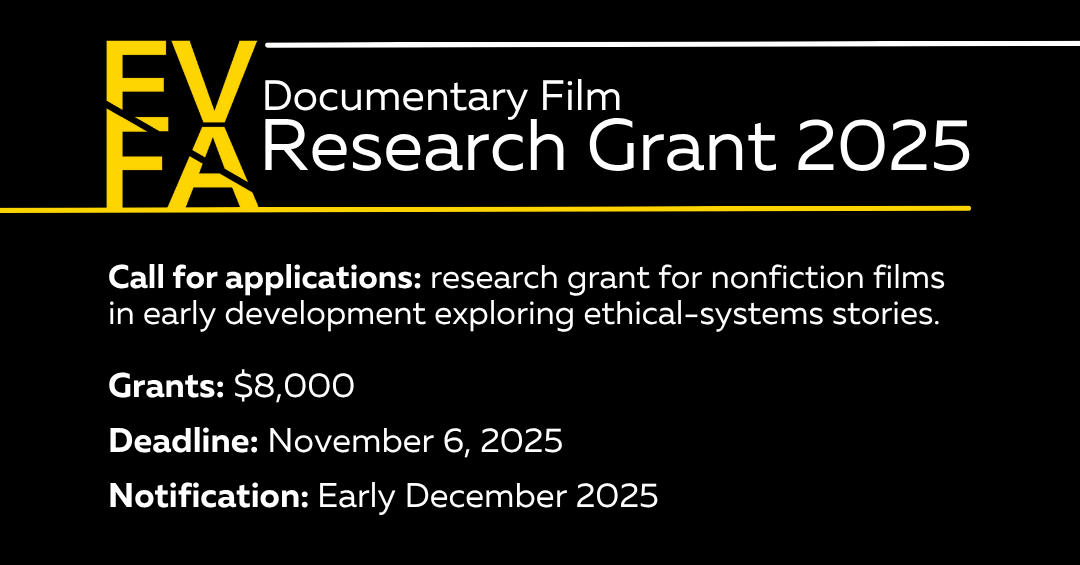| 11:41 a.m. (hace 1 minuto)
|
| ||
| ||||
Hello Fast members!
We conducted a new survey on Peruvian food and attitudes towards farm animal welfare in Peru with IPSOS.
Link
https://arba.pe/wp-content/uploads/2024/06/Politicas-Bienestar-2024-ARBA_compressed.pdf
This quantitative survey was conducted using face-to-face tablet surveys. It was addressed to men and women over 18 years of age, of all socioeconomic levels (NSE), residents of urban and rural Peru. It was carried out on April 04 and 05, 2024.
A total of 1201 people were interviewed in urban and rural areas. Margin of error for total results of ± 2.8%.
Among the survey questions are
Would you like to have more information about the conditions in which farm animals (such as pigs, cows, poultry) are raised in Peru?
How important is it for you to protect the welfare of farm animals (such as pigs, cows, poultry) so that they have a dignified life?
Do you look for these labels when buying products of this type?
Do you think that there is currently a sufficient variety of animal-friendly foods in supermarkets?
Would you be willing to pay more for eggs with a seal that ensures that they come from better protected farming systems than is currently the case?
Do you think that in general the welfare of farm animals (such as pigs, cows, poultry) in Peru should be better protected than it is today?
Do you think there is currently enough variety of animal welfare friendly foods in supermarkets?
Great week!
Iselda






